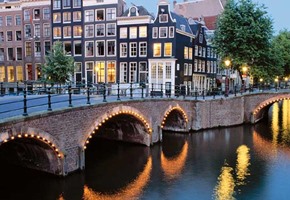
24 hours in Amsterdam
14/05/2020 · By Katie Shaw
Built on a myriad of canals interwoven with a labyrinth of atmospheric, narrow streets, Amsterdam is truly a delight to visit.
Read moreAntwerp is Belgium's second city, and the largest in Flanders. It rose to prominence when it became part of the Duchy of Brabant in 1106, and became the region's main port. Over the next 200 years Antwerp continued to thrive as a hub of the European cloth industry. It also enjoyed a rich arts heritage, with many artists including Pieter Paul Rubens, who was generally recognised as an artistic genius in his lifetime.
Today, Antwerp still reflects its mercantile (and cultural) past. The Grote Markt is the main square, flanked by ornately decorated, gabled buildings. Perhaps the pick of these is the Stadhuis (Town Hall), which was completed in 1564. It has beautiful fresco paintings of the Dukes of Brabant on its interior (with these paintings taking up an entire wall). The tallest building on the Grote Markt is the House of the Crossbowmen, on top of which is a statue of St George and the Dragon. The buildings on the Markt all surround the central Brabo fountain, which is one of Antwerp's noted landmarks.
Find out more with a free brochure and enjoy weekly travel inspiration and offers in our e-newsletter.
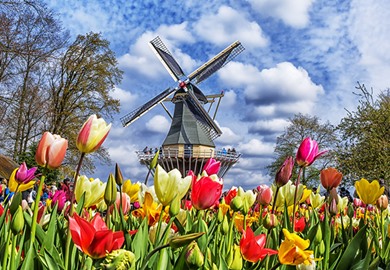
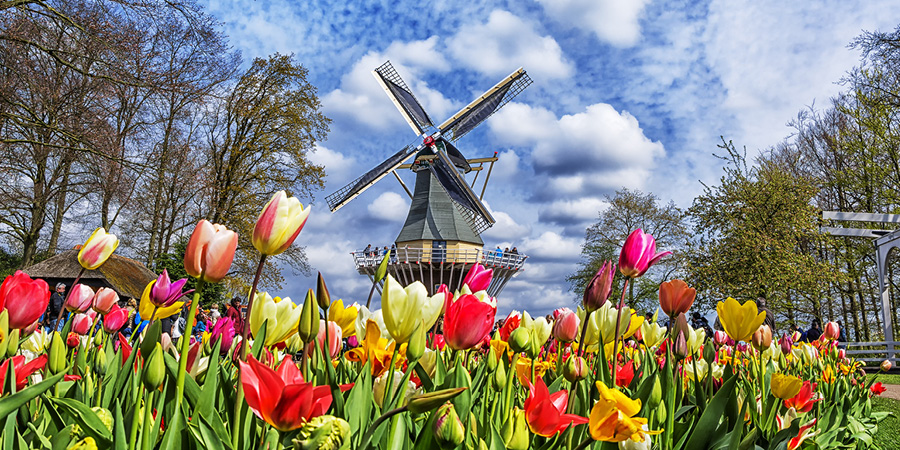
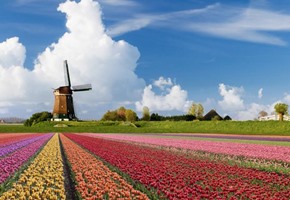
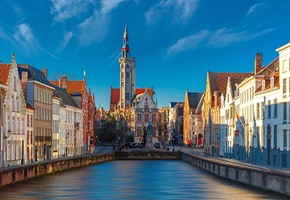
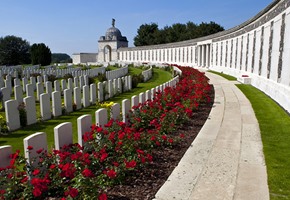
 (301 reviews)
(301 reviews)Discover the beauty of spring on this flower-filled cruise through the Netherlands and Belgium. Walk among breathtaking floral displays at Keukenhof Gardens and soak up the charm of Amsterdam, Bruges and Ghent. Enjoy a nostalgic steam train journey from Medemblik, passing Dutch landscapes of tulip fields and windmills and reflect at the ...

The Cathedral of Our Lady took from 1352 to 1521 to build. The magnificent structure has a tiered spire that rises 404 feet (123 metres) above the winding streets of the medieval city centre. Whilst quite a lot of the old town is still intact, the architecture in Antwerp ranges from Medieval to the ultra-modern. So, there are a lot of varied attractions to see during your holiday, such as Rubenshuis, which was Pieter Paul Rubens' home and studio. Rubens lived and worked here for twenty-nine years until his death in 1640. Today the house has been carefully restored to a wonderful renaissance style how it would have been in his time. Here you can also see some examples of Rubens' work.